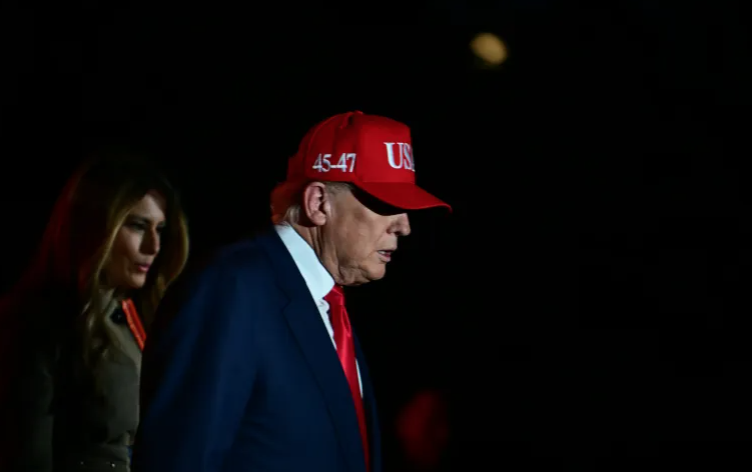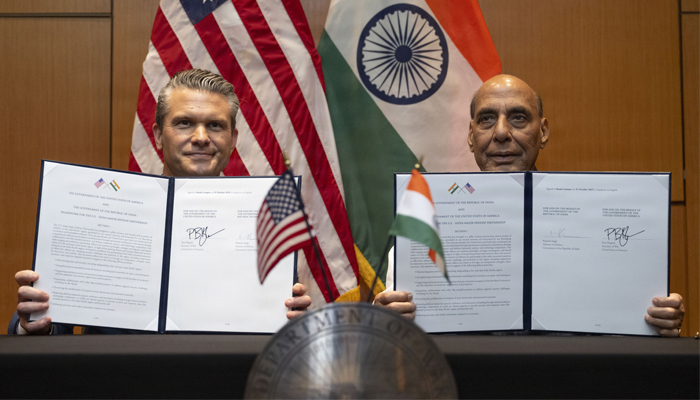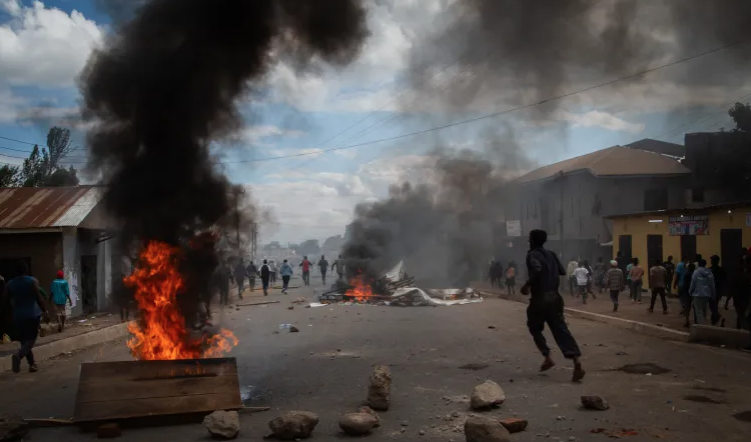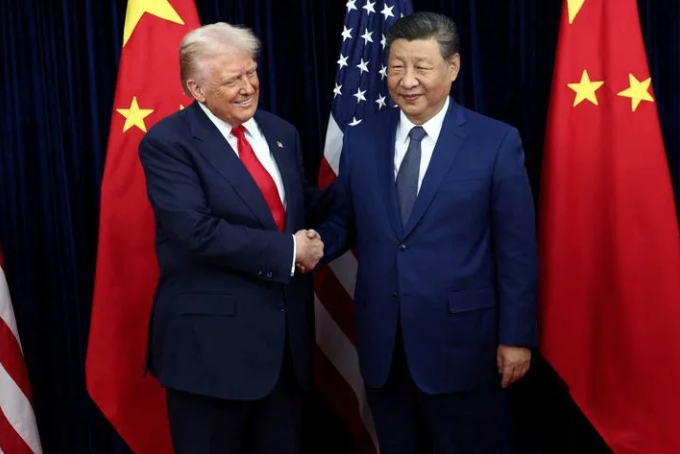WORLD NEWS

US President Donald Trump has announced a drastic reduction in the number of refugees allowed into the United States, capping admissions at 7,500 for the 2026 fiscal year — the lowest level since the 1980 Refugee Act was enacted.
The move marks a sharp reversal from the 125,000 cap under former President Joe Biden and has ignited outrage among human rights groups and immigration advocates, who accuse Trump of reviving racially motivated policies.
The White House confirmed that the administration will prioritise white South Africans, claiming they face “genocide” under South Africa’s land reform laws. Trump signed Executive Order 14204, titled “Addressing Egregious Actions of the Republic of South Africa,” in February, following the introduction of South Africa’s Expropriation Act 13 of 2024, which allows land redistribution.
During a meeting with South African President Cyril Ramaphosa, Trump presented videos alleging violence against white farmers, asserting, “People are fleeing South Africa for their own safety. Their land is being confiscated, and in many cases, they’re being killed.”
However, experts have dismissed these claims as unfounded. Saul Dubow, a South African historian at the University of Cambridge, said, “There is no merit to Trump’s fantasy claims of white genocide. Violence in South Africa is criminal rather than political.”
President Ramaphosa countered Trump’s assertions, stating that violent crime affects all South Africans, not just white citizens. Analysts believe Trump’s decision may also be politically motivated, linked to South Africa’s genocide case against Israel at the International Court of Justice (ICJ).
Under the new refugee policy, all applicants will undergo strict screening and require approval from both the Secretary of State and Secretary of Homeland Security. Trump also reaffirmed his earlier proclamation that entry could be denied if deemed “harmful to national interests.”
This unprecedented reduction continues a historical pattern of restrictive US immigration policies, echoing past measures such as the Chinese Exclusion Act (1882), the Johnson-Reed Act (1924), and Trump’s own “Muslim ban” during his first term.
Human rights organisations have condemned the new policy as “a racial and humanitarian regression,” warning that it undermines America’s longstanding reputation as a haven for refugees fleeing persecution.




